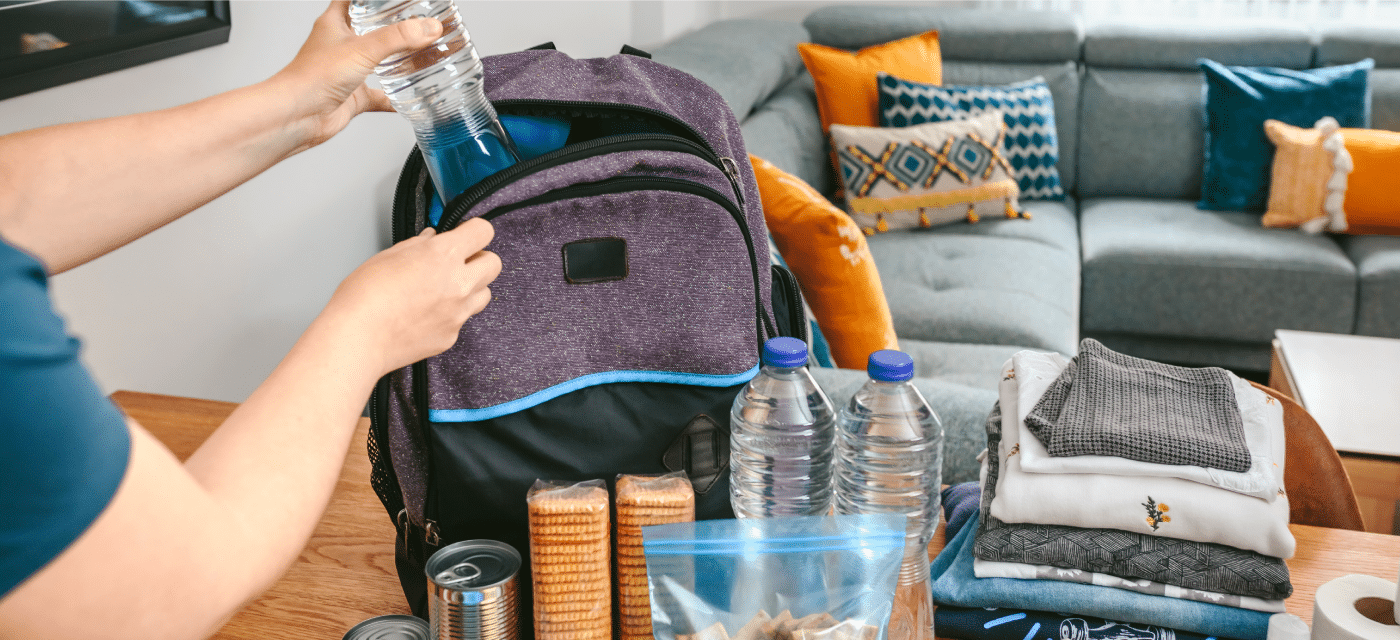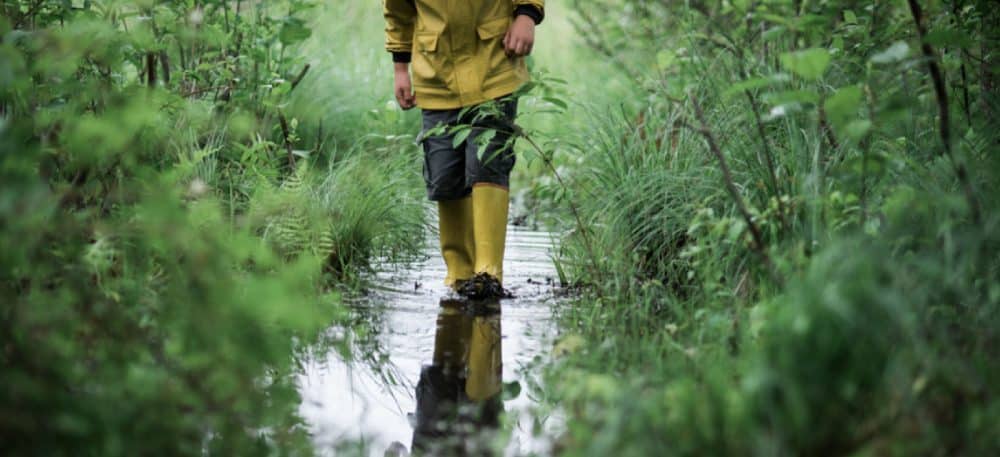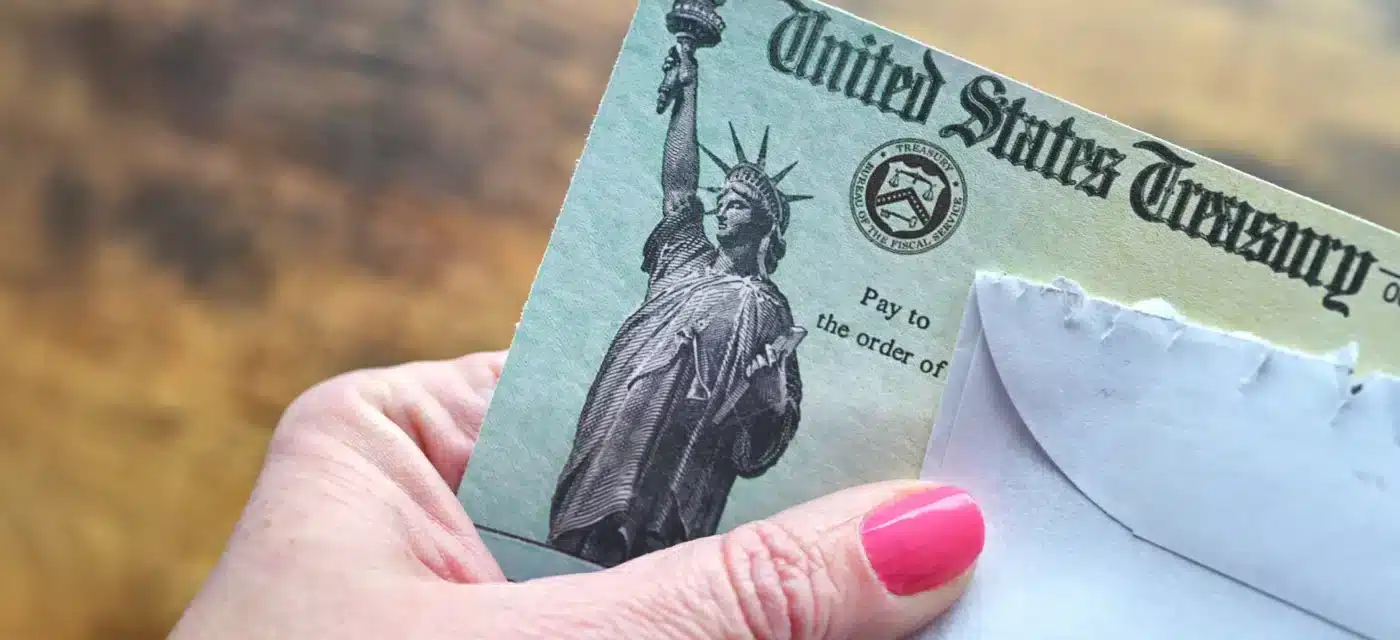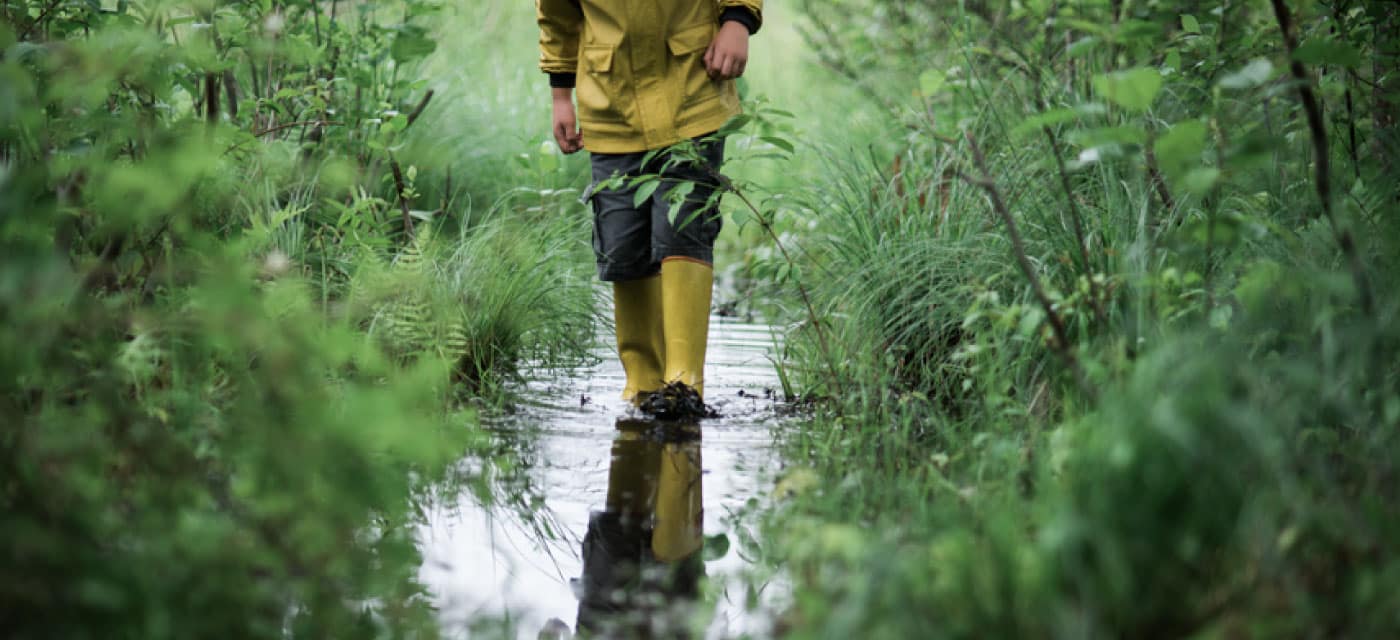Protect Your Home For Hurricane Season
The effects of a hurricane can be devastating to your home and property. Use these tips to help protect your assets before the next storm hits.

If you’ve lived along any US coast, you’ve likely experienced the damage a hurricane can inflict, if not you’ve seen or heard about it on the news. What most people don’t realize is hurricanes aren’t just a coastal problem. Torrential rains, high-speed winds, and even tornadoes can all make their way inland.
Hurricane season starts June 1 and lasts through November 30. Here are some tips to help make sure you’re prepared for anything a hurricane could bring.
Prepare For A Hurricane
Protect Your Personal Documents & Special Items
It’s always a good idea to organize and back up your vital documents whether you’re preparing for an emergency or not. Start by collecting critical financial, medical, and legal documents and make original copies easily accessible in case you have to leave in a hurry. Check out the Federal Emergency Management Agency (FEMA) for recommendations on gathering and storing critical documents.
It’s also helpful to take a video tour of your home to document all belongings and the home’s current condition. Think about securing irreplaceable items, such as heirlooms, in a safe location – like a safe deposit box or fire and waterproof safe.
Make An Emergency Plan
Trying to figure out what to do in the middle of an emergency is never a good idea, instead plan ahead. Find out if you live in an evacuation zone, what your flood risk is, and if there are designated evacuation routes. Discuss who’s responsible for what, a buddy system, where to meet if anyone gets separated, etc. Include your entire family in the preparation of your emergency plan, make sure they’re all clear on their roles, and practice it.
Consider Flood Insurance
Take the time to review your current homeowner insurance policy; you’ll most likely find that you’re not covered when it comes to flood loss. Hurricanes bring heavy rains, which in turn can cause massive flooding. The best way to protect your home and belongings is to purchase flood insurance. Talk to your agent or go online to find out about available options – a good resource to explore is The National Insurance Program (NFIP).
Also, be aware that there’s typically a 30-day waiting period from the date of purchase until your flood insurance policy goes into effect, so don’t wait until a storm is approaching.


Insurance & Protection
Protect your home and what’s inside by taking advantage of our TruStage® Home Insurance Program where you’ll get exclusive A+FCU savings and personalized service.
Strengthen Your Home
When’s the last time you did a little maintenance to the outside of your home? Minimize the damage a hurricane can cause by sprucing up, inspecting, or installing some upgrades.
Start by getting your roof checked. Hire a professional to come out, inspect for loose or damaged shingles, and check the metal flashing around openings on roof valleys for leaks. Declutter drains and gutters; it’s also good to trim any trees, shrubs, and dead limbs. Toughen your exterior with storm shutters and a wind-resistant garage door. When a storm is coming, secure or bring in loose items such as outside furniture.
Consider Comprehensive Coverage For Your Car
Drivers with comprehensive auto coverage are covered for hurricane damage. It also includes collision protection and pays for weather-related damage, like dents from a hailstorm or flooding caused by a hurricane.
Reach out to your agent if you’re unsure of the type of coverage you have or need to make changes to ensure you’re protected.
Gather Supplies
There’s a strong possibility you may not have access to much needed supplies for days or even weeks after a hurricane. Put together a disaster evacuation kit taking the entire household into consideration – including children, elderly, those with special needs, and pets. Common items you’ll want to include are medical supplies, tools, safety items, food, and water.
Pack everything into a go bag, easy-to-carry containers, or your car trunk for quick and easy access.
Summary
During a dangerous weather event like a hurricane the most important thing to remember is to be safe. Planning in advance and staying informed can not only play a big part in your and your family’s safety but also in reducing the damaging effects on your home and finances.


Natural Disaster: 4 Financial Steps
The after math of a hurricane can be financially devastating. Check out these steps you can take to prepare your finances that’ll make moving forward a little easier.
Related Articles
Paper Checks Eliminated – Why Government Check Recipients Need To Act Now

The federal government will soon eliminate paper checks for most federal payments. If you’re impacted, act now for a seamless transition.
4 Financial Steps To Take After A Natural Disaster

As your credit union, we’re always here to help if you need assistance. Here are four financial steps to take after a natural disaster.
How Long Should I Keep My Bank Statements and Financial Documents?

Determining whether to keep or shred bank statements and financial documents can be confusing – use our simple guide to get started.
